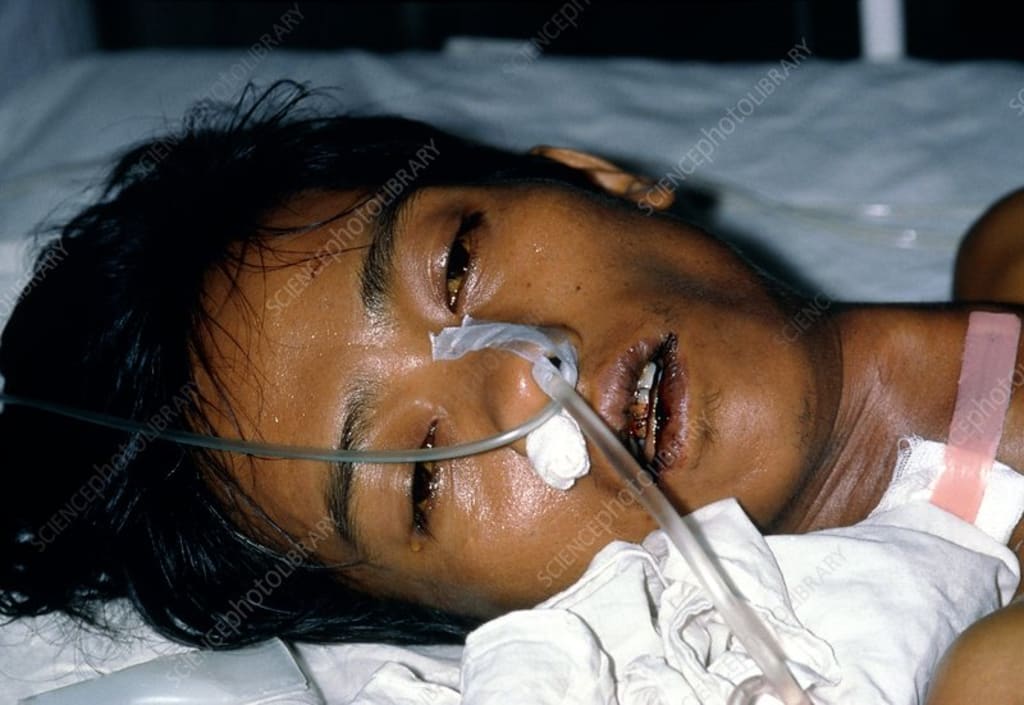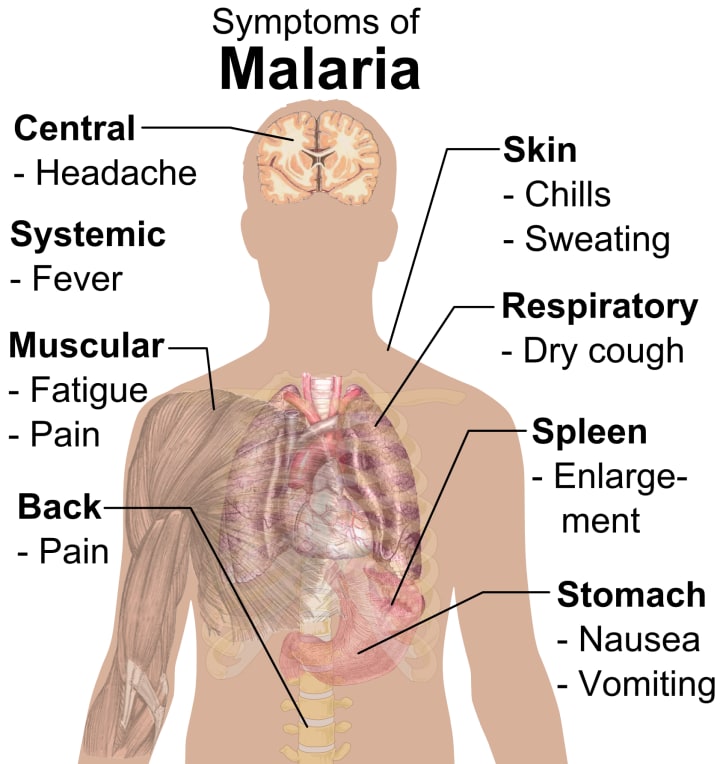New malaria vaccine works well in infants, offers adults layered protection
As of my last update in September 2021, there were several ongoing efforts to develop a malaria vaccine, but no widely approved vaccine had been introduced for routine use. Since I don't have information beyond that date, I can provide you with a general overview of the state of malaria vaccine development up until that time. Keep in mind that there might have been developments since then.

The development of a new malaria vaccine targeting a distinct stage in the malarial parasite's life cycle is promising news in the ongoing fight against this deadly disease. Malaria, caused by Plasmodium parasites, particularly Plasmodium falciparum, has been a significant global health concern, especially in Africa. The current available vaccine, RTS,S, provides partial protection and mainly targets the early liver-stage of the parasite's life cycle. However, the newly developed RH5 vaccine focuses on a different stage, specifically the blood-stage, which is a critical step in the parasite's life cycle and contributes to the severity of the disease.

The RH5 vaccine's approach is to stimulate the body's immune system to produce antibodies against the RH5 protein, which is essential for the parasite's invasion of red blood cells. By preventing the parasite from entering red blood cells, the vaccine could potentially limit the spread of the infection and provide a "second line of defense" against malaria. This approach holds promise as a complementary strategy to the existing anti-sporozoite vaccines like RTS,S and R21.
In the study conducted by the University of Oxford, the RH5 vaccine showed a strong immune response in participants, particularly in infants and young children. This robust response is encouraging, as young children are particularly vulnerable to severe malaria infections. The absence of significant side effects during the trial period is also a positive indicator of the vaccine's safety.
While the RTS,S vaccine has demonstrated efficacy in preventing some malaria deaths and has been deployed in several African countries, it's not a perfect solution. The RH5 vaccine's targeting of the blood-stage provides a new avenue for protection, potentially enhancing the overall effectiveness of malaria control efforts. Combining vaccines that target different stages of the parasite's life cycle could offer a more comprehensive defense against the disease, reducing both the incidence and severity of malaria cases.
However, it's important to note that vaccine development and deployment involve rigorous testing, regulatory approval, and logistical challenges, particularly in resource-constrained regions. The new RH5 vaccine's success in clinical trials is promising, but further research, larger trials, and real-world implementation are necessary steps to determine its long-term efficacy, safety, and impact on reducing malaria-related morbidity and mortality.
You've provided an accurate and comprehensive overview of the challenges and complexities associated with developing a malaria vaccine. Malaria is indeed a complex disease caused by various species of the Plasmodium genus, with Plasmodium falciparum being the most deadly and extensively studied species. The points you mentioned highlight the intricacies involved in targeting the disease through vaccination:
Diversity of Species: Malaria is caused by multiple species of the Plasmodium parasite, each with its unique characteristics. This diversity complicates vaccine development, as a successful vaccine needs to provide protection against multiple strains.
Variability Within Strains: Even within a single species like Plasmodium falciparum, there can be various strains that differ in their genetic makeup. These differences can affect how the immune system recognizes and responds to the parasite, requiring a vaccine to cover a broad range of variations.
Complex Life Cycle: The Plasmodium parasite undergoes different life stages within both the mosquito vector and the human host. Each stage presents different proteins and challenges for the immune system to target effectively.
Immune Evasion: The parasite has evolved mechanisms to evade the immune system. This includes altering the surface proteins to avoid immune detection and using decoys to distract the immune response.
Conserved Proteins: Despite the challenges, researchers have identified certain proteins that are consistently present on the surface of the parasite and are crucial for its infectivity. These proteins are attractive targets for vaccine development.
Developing a malaria vaccine requires overcoming these hurdles and designing a vaccine that can induce a robust and lasting immune response against a diverse array of strains and stages of the parasite's life cycle. Researchers have made significant progress in recent years, with some vaccine candidates showing promise in clinical trials. However, as of my last knowledge update in September 2021, no single vaccine has provided complete and long-lasting protection against all forms of malaria.
It's important to note that research in this field is ongoing, and new developments may have occurred since my last update. Malaria remains a global health challenge, particularly in regions where the disease is endemic, and continued efforts are essential to develop effective vaccines and other control strategies.






Comments
There are no comments for this story
Be the first to respond and start the conversation.